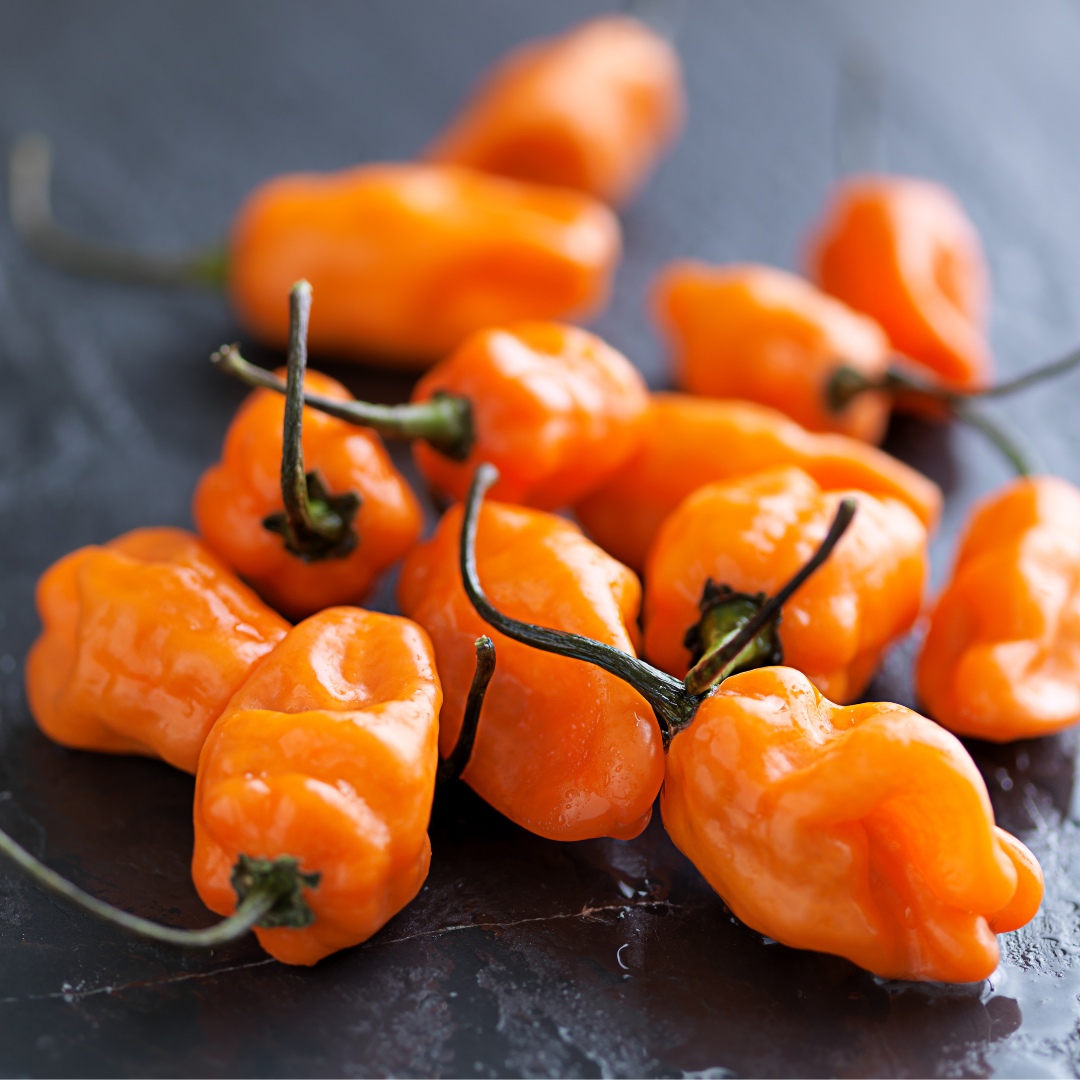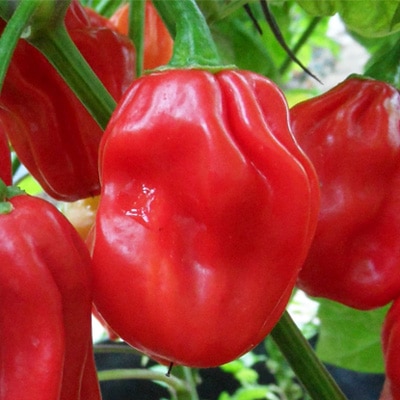Well, folks, if you ever wonder about food that’s named after a place, let me tell you about one of them, and it’s a spicy little thing called the habanero pepper. Now, you might be thinking, “What in the world does a pepper have to do with a place?” Well, sit down, and I’ll tell you all about it.
The habanero pepper is named after a city in the Caribbean—Havana, the capital of Cuba. Now, this here little pepper didn’t just get its name from thin air. No, sir! It’s because it was a big ol’ part of trade in Havana a long time ago. Back then, you could find these peppers everywhere in the market, and they became a staple in Cuban cooking.

So, this pepper comes from a place that’s known for its heat. And no, I don’t mean the hot weather, though Cuba sure gets plenty of that too. I’m talking about the heat that comes from this pepper itself! The habanero is a mighty little pepper, and it’s known for being one of the hottest peppers around. If you ever take a bite, be prepared to feel like your mouth is on fire. But that’s what makes it so special in Caribbean cooking, especially when you’re making things like jerk chicken or spicy sauces.
Now, I know what you’re thinking, “Why do they call it the habanero then, if it’s from Havana?” Well, the name has stuck over time, even though it’s not always grown right there in Havana anymore. The thing is, back in the day, the trade of these peppers was pretty important to the city. The peppers came from different parts of the Caribbean, but Havana was a big hub for them, and that’s where it got its name. It’s like if you get apples from a certain place, and then people start calling them by the name of that place. Simple as that!
The habanero isn’t just popular in Cuba, though. It’s used all over the Caribbean, in places like Jamaica, the Bahamas, and even in parts of Mexico. The heat and the flavor of this little pepper have spread far and wide. They add a nice kick to sauces, salsas, and even to marinades for meat. It’s one of those ingredients that can really make a dish stand out if you’re not afraid of the heat.
In the Caribbean, they don’t just use the habanero for its heat, though. It’s also a symbol of the kind of bold flavors that Caribbean cooking is known for. Whether you’re making a dish with fish, chicken, or even in a salad, a little bit of habanero can give it that extra punch that you won’t forget in a hurry.
But let’s not forget, the habanero doesn’t just taste hot—it packs a punch of flavor too. It’s fruity, tangy, and just the right kind of spicy to make you sit up and pay attention. It’s got a bit of sweetness to it too, which balances out that fiery kick. That’s what makes it so special in dishes. It’s not just heat for heat’s sake. It’s a pepper that’s got both fire and flavor.
If you’re ever in a Caribbean market, you might see these little red or orange peppers all lined up, ready for cooking. And don’t be shy, you’ll see it in all sorts of dishes, from sauces to soups, and even in some desserts if you can believe it! That sweet, spicy heat goes surprisingly well in things like chocolate or fruit salads.

Now, if you’re not used to spicy food, you better be careful with the habanero. It can sneak up on you, and before you know it, your mouth will be hotter than a summer day in the desert. So, if you plan on using these little devils in your cooking, make sure you handle them with care. You don’t want to end up crying in the kitchen because you didn’t take the seeds out first!
In the end, the habanero pepper is more than just a food named after a city. It’s a symbol of the rich, bold, and flavorful food culture of the Caribbean. And it’s not just something you’ll find in the kitchens of Cuba, but all across the islands. Whether it’s used in a stew, a sauce, or just sprinkled on top of some fresh fish, this pepper brings a taste of the Caribbean right to your plate.
So, next time you’re in the kitchen and you feel like spicing things up, remember the habanero. And think of Havana—the city that gave this fiery little pepper its name, and a taste of the island life.
Tags:[Habanero, Caribbean food, Cuban cuisine, spicy food, Havana, hot peppers, Caribbean peppers, food named after a place]